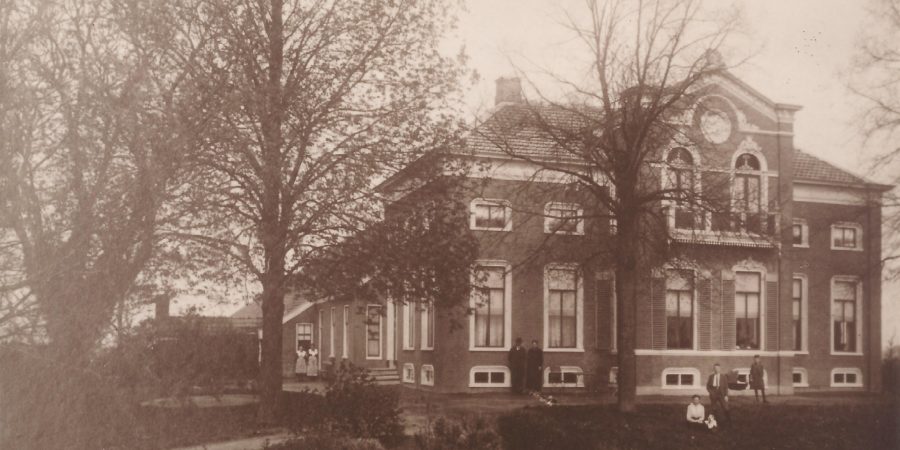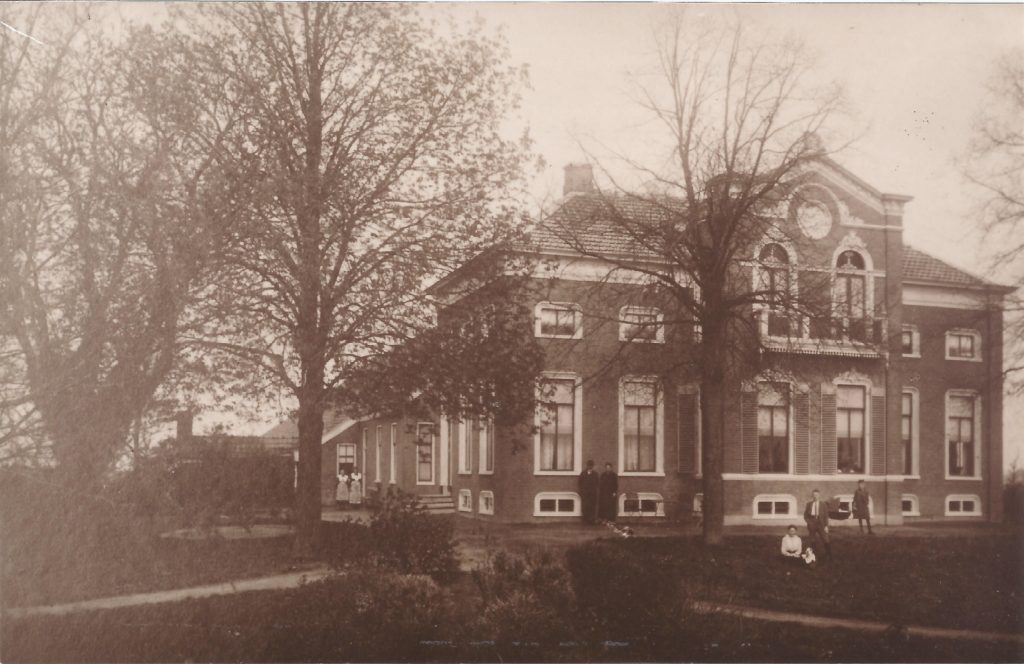I read the article Russia’s Ukraine war boosts food prices in U.S and could not but reflect on my own family’s past, but also the scads of history I’ve stumbled across over time about the value of grain.
I’ll admit that I’ve been writing a few more blogs, lately, than usual. Partly because I’m inspired to write in general, and partly because right now I’m having to do research for my works in progress before I can move on. I can’t quite do a deep dive back into which articles or documentaries I watched. I will say check out anything by Bettany Hughes on YouTube, or anything to do with ancient Greece.
I can start there. Among the little gems through previous deep dives, I learned how Greece or Sparta might have won wars and so on. It wasn’t merely feats of arms or great sailing ships. Athens, for instance, could actually afford to go to war not merely because they discovered silver, but because they had wheat. Sure, you can kit a lot of soldiers and sailors out with silver, but unless you can feed them, you might as well just stare at piles of silver for the worth it will do you. An army that will pass out after hoofing it hundreds of miles because they’re starving will win the war for the other guy.
I think back to my family’s history in the Netherlands. I don’t have to look too far back to see how wheat changed everything for my mother’s family. If one goes farther back, fields weren’t covered in wheat, crops, or tulips, but cattle.
Now meat is great. Protein is useful in nutrition, and one would think that would be the go to food for the aforementioned Athenians. Problem is: meat rots once you cut it off the cow. Wheat doesn’t rot when you cut it off the stalk. In fact, you can store it for much, much longer. Salted meat, or smoked meat is also heavier. If you’re going into battle, you have to be able to easily lug food around.
In the Netherlands, there used to be more cattle. Then they got sick and the farmers had to come up with something. Turned out that all that once quite sodden land that had often been inundated with ocean flooding before dykes were built was GREAT for grains.
My family grew wealthy off this boon. They became wealthy enough to become gentlemen farmers. Farmers became wealthy on growing wheat. That is, till those dratted Americans invented machinery to make harvesting far easier, and quicker, and they took over the global market. My grandfather, in fact, seeing the writing on the wall considered emigrating to either America or South Africa, and finally chose the latter. He knew he could not get wealthy (or remain wealthy) in the Netherlands… all because of wheat.
I’ll admit that it’s still a head scratcher to me that a farmer has to be not merely an agriculturalist, but something of a stockbroker as well. Wheat isn’t merely something to feed people. It’s also a commodity. It almost doesn’t matter that its main value to a person is the nutrition it can bring their body. It’s value on a global scale is much more like an idea (and with less nutritional value than junk food). Of course, the concept of commodities was born in Amsterdam because of Tulips. Flowers so prized, and sometimes so rare as to boost an economy and ideas of wealth.
This article has the pointed sentence: “Imaginary wheat dominates the price of real wheat, as speculators (traditionally one-fifth of the market) now outnumber bona-fide hedgers four-to-one.” It places bankers and traders on top of the food chain. It involves commodities dumping, which attempts to control the prices of food. It doesn’t matter if the farmers suffer because it cheats their profits, or if people in other countries starve because of a food crisis. The idea of wheat is more important than the stuff itself.
I read an article like those above, recall episodes of various documentaries, often by Bettany Hughes, and it jangles in my mind. I think about how grains and trade goods travel across countries, how documentaries about Stone Age England also, now, include an amazing proof of international trade. Decorative beads from Italy lay in the shallows under river huts, and so on. I think about how that would happen in my world.
Wheat and other forms of agriculture and animal husbandry, and how it impacts communities, is just as important as asking something like, “Well, why didn’t Thengis take all those horse clans and dominate all the surrounding countries, including Pyran?” (Readers do still want the epic hinted at in The Red Khémèresh. That question is part of that epic. No, I haven’t written it yet). It is a highly important question, as Thengis is somewhat based on Chingis Khan. I can tell you that the Defenders of the North started to cause trouble, and kept trying to get a foothold (OH WOW!… just writing this helped me understand yet one more thing about these guys!) in the Tashihyel as well as other countries.
With about five drafts in various stages of completion (one of which might be split into three), and the fact I’m moving into countries and cultures that are experiencing their age of Enlightenment, increased trade is important. I do think about wheat, as well as exotic trade goods. I know I have to start thinking about something that would be valued off planet. Because yes, I’m actually going to go there.
Fortunately, while wheat on Ihyel might be largely an idea, it has more value than it does when it’s treated like a commodity. Also: I won’t forget the true value of a grain for a community. Well, at least not yet. The planet is only now—in draft forms—hitting their Enlightenment. Will some merchant start the concept of futures because of some floral bulbs? Who knows? I don’t. Mainly because I haven’t written it yet.
The bread of that sandwich on your plate helped inspire ideas of trade on another planet.

